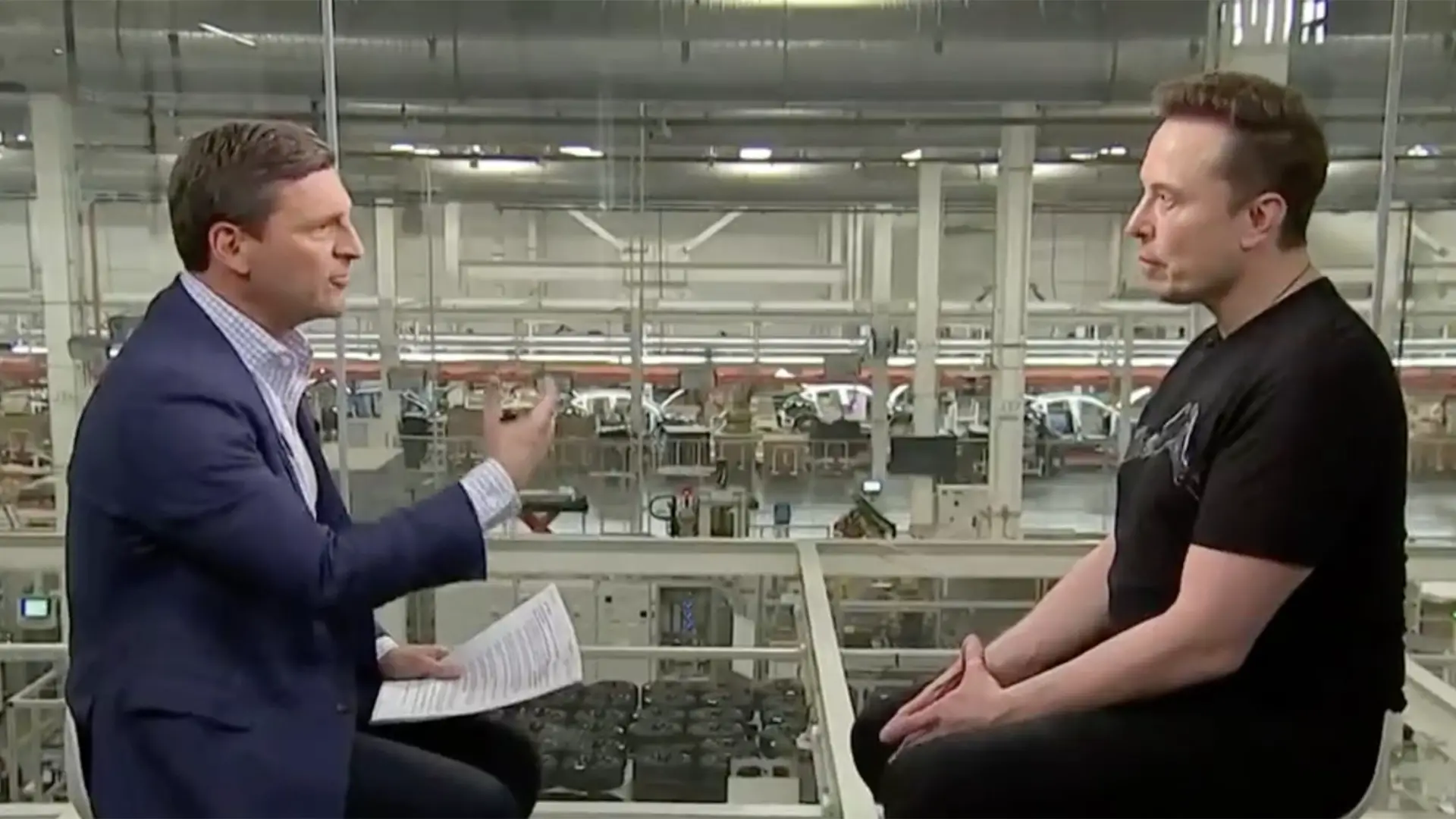In a candid and acerbic exchange on Tuesday, billionaire Elon Musk, the CEO of Tesla and Twitter, unleashed his harshest criticism to date of remote work, dubbing it “bullsh**” and “morally wrong”. His incendiary comments ignited a heated debate on the nuances of remote work and the shifting dynamics of work-life balance in the digital era.
Musk’s frank remarks, suggestive of a moral failing on the part of those who work remotely, have stoked controversy and spurred conversations about the future of work. “Look, I’m a big believer that people need to–are more productive when they’re there in person,” Musk professed. His dismissive attitude towards remote work is reminiscent of his often unconventional viewpoints on societal norms and technological advancements.
Musk drew a provocative parallel between the concept of working from home and the apocryphal Marie Antoinette quote, “Let them eat cake.” He argued that remote workers were exploiting a privilege not extended to many who perform essential tasks, such as factory workers, delivery personnel, and home repair professionals. This stark contrast, he asserted, was a significant moral issue.
His impassioned claim, “You’re gonna work from home and you’re gonna make everyone else who made your car come work in the factory? You’re gonna make people who make your food that gets delivered – they can’t work from home? The people that come fix your house? They can’t work from home, but you can?! Does that seem morally right? That’s messed up,” clearly underscores his belief that remote work is an elitist concept that undermines the basic principles of fairness and equality.
When asked if he saw this as a moral issue, Musk responded affirmatively, adding, “It’s a productivity issue, but it’s also a moral issue. People should get off their goddamn moral high horse with this bullsh** because they’re asking everyone else to not work from home while they do. It’s wrong.”
Musk, known for his jet-setting lifestyle and attendance at high-profile parties with celebrities, went further to denounce the so-called “laptop class,” accusing them of living in a “la-la land”. He decried the perceived hypocrisy of remote workers, suggesting that they were in a privileged bubble, disconnected from the realities of those who can’t afford to work from the comfort of their homes.
While Musk’s stance may seem harsh, it is worth delving into the substance of his argument. His concerns are rooted in the apparent socio-economic disparity that remote work engenders. His argument questions the fairness of a system where some have the luxury of working from their homes while others must physically attend their workplaces, often in less comfortable or riskier environments.
However, Musk’s argument could be seen as oversimplified, as it does not consider the complexity of the modern work landscape. It overlooks the fact that remote work has enabled many organizations to continue functioning during challenging times, such as the COVID-19 pandemic, while ensuring employee safety. Moreover, it dismisses the productivity gains and improved work-life balance that many remote workers report.
Musk’s remarks also fail to acknowledge that the advent of remote work is a product of technological advancements – the very field in which he himself has made monumental strides. It could be argued that the rise of the “laptop class” is not a moral failing, but rather a natural evolution of a society increasingly reliant on and driven by digital technology.
Moreover, the moral implications Musk raises, while significant, do not solely rest on the shoulders of remote workers. They are a reflection of broader societal and economic structures. Addressing these disparities might be better achieved through policy changes and reassessments of work practices across various industries, rather than condemning remote work as a whole.
There is also the possibility that Musk’s comments may stem from a lack of understanding of the nuances and benefits of remote work. The assertion that remote work is an exclusive privilege fails to recognize that many companies have been able to cut costs and maintain viability by reducing their physical office spaces. Additionally, remote work has expanded opportunities for people living in rural areas or those with disabilities, allowing them to enter the workforce more easily.
Furthermore, the argument that remote work is a moral issue might be better framed as an issue of equitable access to work opportunities. Instead of condemning remote work as morally wrong, efforts could be made to address the disparities between those who can and those who cannot work remotely. This could involve the implementation of hybrid work models, policy changes, and increased investments in technologies that enable a more inclusive work environment.
In conclusion, Elon Musk’s controversial stance on remote work has sparked a necessary debate on the future of work and the ethics surrounding it. While his concerns about socio-economic disparities have some merit, it is essential to consider the broader context of remote work and its role in the ever-evolving landscape of the digital era.
To address the moral and socio-economic issues raised by Musk, it is crucial to strike a balance between maintaining the advantages of remote work and fostering a more equitable work environment. This will require collaboration between employees, employers, and policymakers to reassess and reshape work practices to better serve the needs and values of a diverse and technologically driven society.

